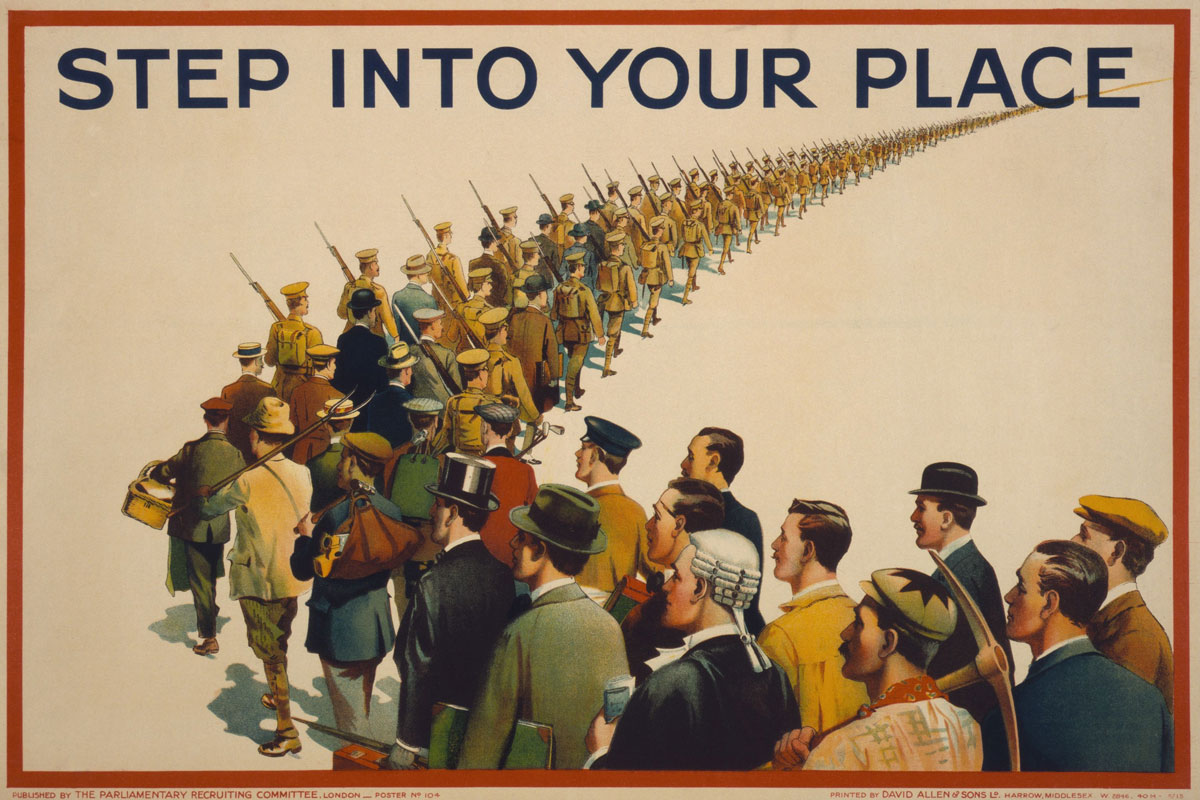
Big Brother is watching booze
By Andrew Dowson /@whisky__daddy
It was a bright, cold day in April and the clocks were striking thirteen…
The opening line of ‘1984’, one of history’s most famed dystopian novels, feels apt for the start of this article covering the British Government’s historical bureaucratic mistreatment of the Scotch whisky industry.
Fully 70 years before Orwell’s dystopian date, the rot started with the 1914 commencement of the First World War, triggering an era of upheaval for British drinking and drinks production.
It was such a tumultuous time for the alcohol industry in the UK that some of the legal measures introduced then have only recently been removed – and some still persist.
At the outset of WW1 in 1914, the Defence of the Realm Act immediately restricted the opening times of pubs to only lunch (1200-1400) and supper (1830-2130).
Some of our older readers may remember afternoon closing of pubs continuing until the 1980s in some places.
But for the British Government, these restricted wartime pub hours weren’t enough. With the increase in wages due to increased overtime in businesses short of staff, and the tension and trauma of war, there was an evident increase in the consumption of alcohol amongst the workforce.
At the time, Britain had David Lloyd George as Chancellor of the Exchequer, a role he kept until 1915 when he then became Minister for Munitions. Lloyd George was a member of the Temperance movement, and it was during his tenure that the minimum ageing requirement for spirits was introduced, first to two years and one day, then increasing to three years and one day in 1916.
This system, borne from the idea that immature spirits caused people to get more drunk, is still in place today for Scotch whisky.
It was around this time that the newly formed Central Control Board took control of five breweries and 363 pubs around Carlisle, Cumbria and south-west Scotland, following concerns about the sobriety and productivity of the workforce at Gretna’s massive cordite factory.
By 1917, 40% of pubs in the Carlisle area were closed, alcohol advertising was banned and strict opening hours enforced. Bar managers became government employees on fixed salaries to avoid incentivising the sale of alcohol; in fact the sale of food only and non-alcoholic drinks was incentivised by the Government.
Nationally, across this period, the tax on alcohol tripled as the strength of most beers decreased. This gave rise to the ‘Government Ale’ which was either brewed to 2 to 2.5% ABV or watered down, such that it would be nigh on impossible to drink enough of it to actually get drunk.
In this restrictive, temperance-inclined political environment, the distilling industry suffered hugely, just as the depleted workforce closed a majority of distilleries.
The whisky industry had displayed some patriotic fervour at the start of the war, with Distillers Company Ltd (now Diageo) offering full pay to managers who enlisted, and half pay to workers who followed them, on top of their army pay.

Arthur Bell and Sons had even gifted bottles of whisky to workers departing for the front line – which was the origin of the famous ‘Afore Ye Go’ slogan.
But the Central Control Board’s 1917 decision to outlaw malt distillation in its entirety to protect the remaining barley stocks was almost the final nail in the coffin. Only a few distilleries remained to provide industrial alcohol and grain whisky.
With many workers never returning from the war to their peace-time employment, the huge toll taken on the entire country and its major industries, coupled with the influence of the Temperance movement within Government, left the Scotch whisky industry a shell of its former self.
In retrospect, a turning point came on Sunday 22nd April 1917, when Captain Bathurst, the Parliamentary Secretary to the Ministry of Food fielded questions from the House of Commons in relation to the production of malt beer and spirits.
With most MPs insistent that the production of both be halted altogether as it was now a case of choosing ‘bread or beer’, Captain Bathurst defended the sector, highlighting the impracticality of ceasing all production as it would not provide any worthwhile benefit.
Bathurst noted that if bread were to be baked from the malt grain used for beer, it would cost three times as much as a normal loaf.
Further, it was observed that the production of beer and malt spirits was coincident to the production of bread, as bakers used yeast supplied by breweries and distilleries.
So the alcohol industry hung on by its fingernails. But the pioneering and industrious spirit of the countless young men who departed to the front, never to return, and the women who stepped in to fill the roles vacated, only to be cast aside as the remaining men returned, was forever lost to the industry.
A whole generation of whisky directors, leaders, workers and visionaries were sacrificed to one of modern history’s most tragic wastes of life. It would be interesting to see where we would be in whisky now had this lost generation survived.
Alcohol was something used consistently on both the front line, and on the home front, to help deal with physical and mental wounds, sanitisation, morale and many other things, and yet the government persisted in seeing it as nothing more than a Satanic pleasure enjoyed by the uncouth and troublemakers.
When you consider that WW1 was followed by Prohibition in the United States – and the threat of the same in the UK – it is a small miracle that the industry survived at all.
So next time you enjoy a dram of your favourite Scotch, remember it is not just the cask, the stills or the barley, it’s the people behind it too!
Slainte Mhath!




















